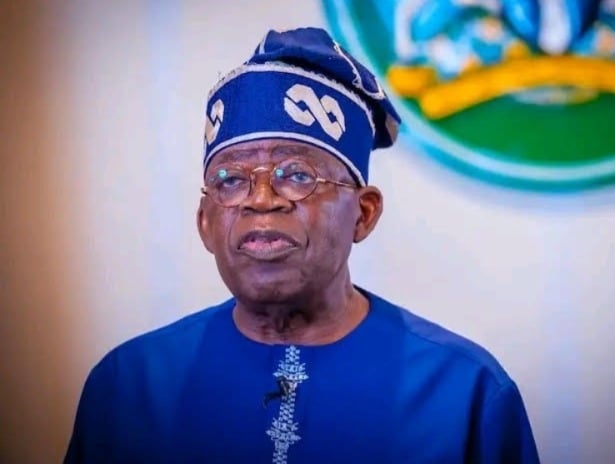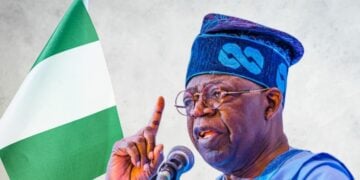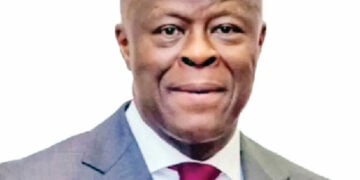I have examined Nigeria’s fiscal policy across various decades, from the oil boom years of the 1980s to the debt relief era of the mid-2000s. This extensive knowledge of the country’s fiscal policy puts me in a position not only to recognise a good reform from a bad one, but also to spot whether the intentions behind the policy design are progressive or not. Within the context of Nigeria’s new tax laws, my verdict is simple: it was designed, progressively, to correct our ailing economy and we can all agree that President Bola Tinubu deserves all the credit possible for it, irrespective of the side of the political spectrum that we belong to.
I have an extensive background in political science and so it logically follows that I am interested in the relationship between government’s actions and the social contract that exists between it and the people that vest it with the power to govern over their affairs. This explains why the first aspect of the new tax laws that thrills me is the way they reinforce the social contract for federalism in the country.
For decades, Nigeria’s tax revenue distribution mechanisms have been a source of conflict, particularly the vertical imbalance between the federal and subnational governments. The history of this conflict dates back many decades. But the bottom line, which is the most important here, is that the country’s almost all the 36 states now heavily rely on the monthly allocations they receive from the federation account to foot both capital and recurrent expenditure.
The new tax laws make a slight progress in this regard by revising the VAT revenue-sharing formula. Under the new arrangement, states are to get 55 percent of the total VAT accrual from the pool as against the 50 per cent they are getting now, while the Federal Government is shedding five per cent which will see its share plummet from 15 to 10 per cent. The LGAs’ share remains 35 per cent. For the states’ share, 50 per cent of VAT revenue will be distributed equally, 20 per cent based on population and 30 percent based on consumption (or what used to be known as derivation). It’s a masterstroke that moves the lid on how the country’s allocation should be best distributed, slowly yes, but better than no movement.
But the more important aspect of the new tax laws within the context of the country’s fiscal federalism is that the federal government made an important sacrifice, one that is very rare in our heavily politically charged and divisive reform climate, by reducing its share of VAT from 15 per cent to 10 per cent.
By making this hard but significant sacrifice, the federal government has freed up more resources for states, thereby increasing their fiscal capacity to finance development projects at the grassroots. This is by several miles one of the biggest victories for fiscal federalism in the country in many years, second only to the Supreme Court ruling on local government autonomy.
Next to its revolutionary improvement of the level of fiscal federalism in the country, another reason I consider the new tax laws a masterpiece effort of correcting the country’s economy is in its deliberate design to formalise the country’s informal sector. Nigeria’s informal economy accounts for over 57 per cent of its GDP and more than 80 per cent of employment. However, in a starkly different output, the sector contributes only a minute fraction to the country’s tax revenues. Before now, successive administrations have highlighted this problem, but they ended up not taking any concrete and deliberate steps.
But Tinubu has shown that if he’s anything, he’s a man of action. The new tax laws exempt micro-businesses with annual turnover below ₦50 million and total fixed assets under ₦250 million from the three major taxes, CIT, Capital Gains, and Development Levy. Not only that, but even companies also, who are going to be paying have been saved the stress of having to contend with conflicting provisions scattered in various tax legislations. However, with the new laws, we have all such provisions codified in a single document called the Nigeria Tax Act, eliminating multiplicity of taxes and improving compliance.
The new tax laws did not stop there; they also introduced withholding tax waivers for transactions less than ₦2 million for accounts tied to valid Tax Identification Numbers. What this essentially means is that the government is telling small informal businesses that aside from the fact that they won’t be burdened with taxes when they become formalised, there is also a financial benefit that accrues to them when they join the system.
Not many believed that ‘Let the poor breathe’ speech of then president-elect Bola Tinubu was not political. Now, those who earn N800,000 or less annually are exempt from paying personal income tax (or PAYE), meaning a new lease of life for the majority of Nigerians. In addition, food items, medications, agric business and transportation are all zero-rated VAT-wise. This is not just a major relief for the common people, it is a refreshing example of a promise made and kept by President Tinubu.
Finally, they say those who come to equity must come with clean hands. The new tax laws come with more than just clean hands, they come with just and long overdue provisions that adequately empower taxpayers through efficient dispute resolution and redress mechanisms. It does this, first, through the establishment of an Independent Tax Ombudsman tasked with addressing citizens’ complaints, including refund delays, improper assessments, or abusive enforcement, and second, through the expansion and digitalisation of the Tax Appeal Tribunal and the introduction of mandatory timelines for rulings.
~ Akinola is the Technical Assistant (Media) to the Executive Chairman, Federal Inland Revenue Service (FIRS).





